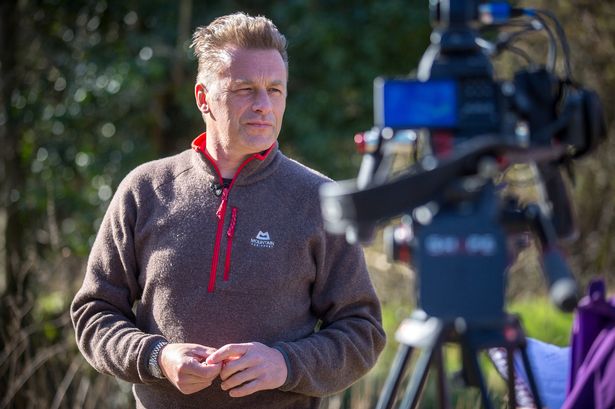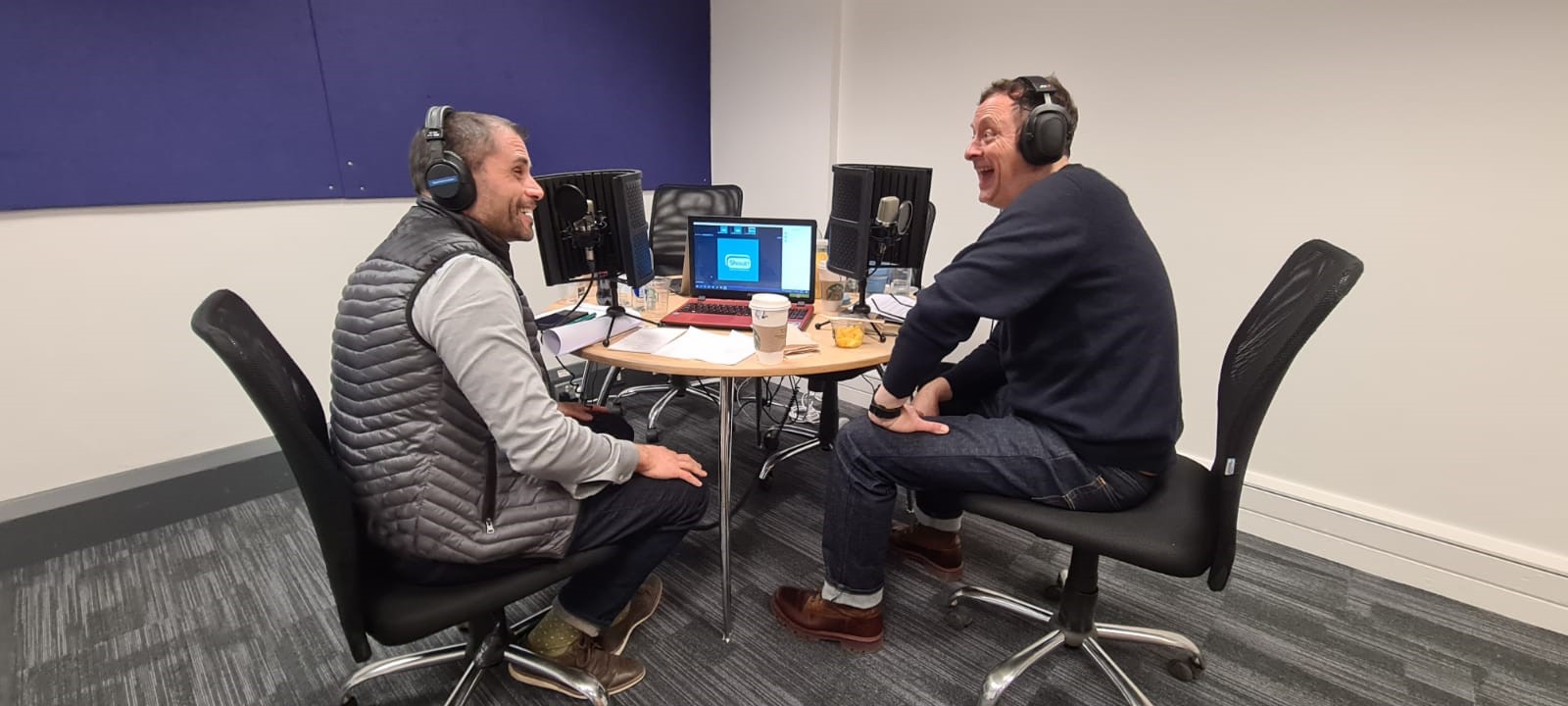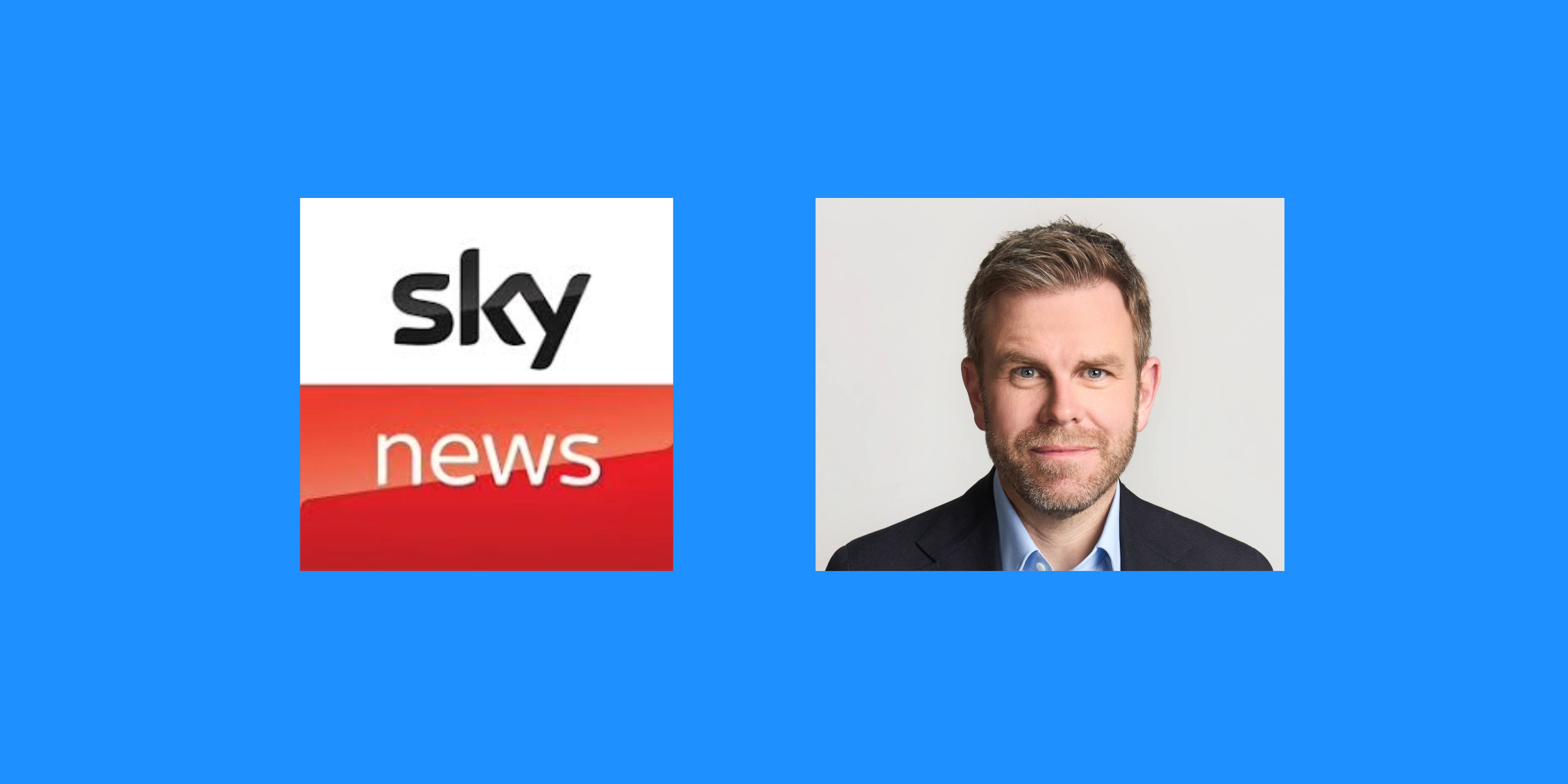To OB, or not to OB? That is the question….. Whilst many radio days are completed remotely via zoom or FaceTime, there are some which can benefit from the atmosphere of an outside broadcast (OB).
What is an Outside Broadcast?
Outside broadcasting (OB) is a radio or television programme that is not recorded or filmed in a studio, but in another building or in the open air. It can be a live sports event, a breaking news story or a well established show like Question Time touring the UK.
The first large-scale outside broadcast was the televising of the Coronation of George VI and Elizabeth in May 1937, done by the BBC’s first Outside Broadcast truck.
A radio or television outside broadcast typically consists of studio equipment which is set up in a remote location, outside of a studio. It means live and pre-recorded interviews can be conducted with more context and atmosphere. Potentially (technology allowing) it can be done from anywhere: an event, a ship-launch, a field…you are only limited by your imagination. So, if you’re tossing up the advantages and drawbacks of outside broadcasting for an upcoming campaign, this should give you more of an idea of what it’s all about. In this post we explore the importance of outside broadcasting, including the benefits, challenges and an OB case study.
The advantages of Outside Broadcasting
Giving stations a chance to be part of an event is very special and should not be underestimated. Radio is a medium which relies entirely on audio, so sound quality and sound effects are crucial to listener enjoyment. Think about what you’d rather listen to – a standard radio interview being done from a studio, or a more charismatic interview being broadcast from a live event where you can hear background noise and true excitement in the spokesperson’s voice.
For TV, you are creating a much more visually interesting background than you’d get in a studio. There are other advantages too:
- Not only can it benefit listeners, but an OB can also allow presenters and spokespeople to conduct interviews in a new light. Overall that makes the interview more engaging, and the more engaging a piece of content is, the longer you are likely to get on-air.
- A further advantage of a pop-up radio studio is that it allows you to maximise spokespeople’s time if you are wanting to organise a stunt or photocall event simultaneously with a radio day. The flexibility means you can extend the session which means your story is likely to secure additional coverage.
- It’s an inclusive way of bringing the studio to an interviewee, perhaps when an interviewee might for any reason, such as illness, be unable to travel to a studio themselves.
- A radio station or television station saying yes to an outside broadcast interview means they’re much more committed to running the story – and less likely, as is the way with broadcasting, of dropping it. Journalists understand the logistical effort that goes into setting up a broadcast, therefore the chances are they will stick to their decision.
- You can accommodate both mediums by hosting your Outside Broadcast in a location most relevant to your story. If your spokesperson is tucked away at home doing a remote radio day it would be logistically more difficult to move to a television studio or location. With an OB you can accommodate both mediums.
- Sometimes getting everyone out of their comfort zone puts them on the spot in a positive way, demanding their absolute best. This is a major advantage of outside broadcasting, over hosting an interview in a studio.
The challenges of Outside Broadcasting

Hosting radio interviews from a remote location is an investment and means you need to be on top of your game. One of the biggest challenges of outside broadcasting is always technology. For a radio OB you either need a strong broadband connection or, failing, that, a portable mobile 4G kit – a piece of equipment that works in a similar way to a mobile phone. For television we now use a LiveU device, which has replaced satellite trucks for a lot of broadcasters.
Organising logistics in advance is an absolute must and you should always have a technical recce well in advance, allowing enough time, should you find a problem, to put it right. We recommend having a plan B (probably the mobile 4G kit) and even a plan C (such as a landline or mobile phone). That said, the right kit, efficient technology and a can-do attitude should help you overcome most of the challenges of outside broadcasting. There are a few other issues to consider too:
- An Outside Broadcast doesn’t have to be outside, but if it is the weather is always a potential headache. We’ve worked in tents, bandstands, under trees, all sorts of places to try to keep our broadcasting on schedule.
- Anywhere public means what happens during a live broadcast can be out of your control. For example, we hosted an OB recently with the sea and a beach in the background. By law anyone could access the beach, so it was a fine line between keeping any beach-goers at bay at the same time as keeping them on your side. A charm offensive is often required.
- Cost! You’ve already had to factor a recce for your broadcast into the budget and you have to pay for a lot of technology and back up support. You’ll need multiple staff to host an OB – a technical person, a camera for TV and an overall producer who firefights, charms and liaises with the broadcasters and/or media relations team – is the norm, and they all come at a price.
Don’t be put off by these factors – the plus points far outweigh the minus ones. These are just things to be mindful of. The right kit, efficient technology and a can-do attitude show help you overcome most of the challenges of outside broadcasting!
Case Study: The Camping and Caravanning Club

One of our clients, the Camping and Caravanning Club, knows the importance of outside broadcasting regularly conduct live broadcasting from the Caravan, Camping and Motorhome Show at the NEC in Birmingham. This is partly to make the day easier for the spokesperson (the TV presenter Julia Bradbury) who is also required to present on the main stage at the show. They find an OB is the best way to maximise radio results whilst making full use of the time they have with Julia at the show. In our most recent outside broadcast with them, we arranged 15 radio interviews, which included BBC Radio Scotland and BBC Radio Wales, alongside several other BBC and commercial regional stations.
Case Study: MSD Animal Health, The Big Tick Project
A second case study shows how an Outside Broadcast can benefit both radio and television coverage.
The Big Tick project was a pet health first – the largest nationwide campaign to collect ticks from dogs, in a bid to help scientists track their prevalence. If you’ve got a dog then you and
An information tent was set up on Wimbledon Common for the results day and this formed the backdrop for revealing the study results.
Shout! Communications set up a mobile radio studio on Wimbledon Common and in addition we provided a satellite truck, free for broadcasters to maximise coverage and to encourage those broadcasters who didn’t have the resources to send themselves to cover the story. We provided B-roll footage and an edited highlights package which was picked up by PA Video and ITN productions. The truck was also used by the BBC – this was unusual but when BBC Breakfast and the Today programme on Radio 4 both wanted interviews with spokesperson Chris Packham very close together it meant he could just pop from the Beeb truck to ours to facilitate it. Sky News hadn’t sent a crew, but when they saw footage on GMB and BBC Breakfast they asked to use our truck; we facilitated, getting spokespeople in front of our camera and hooking up to Sky, as well as feeding them rushes of the event. This always proves the importance of outside broadcasting.
If you’re interested in finding out more about OBs, or you’d like to hear about more examples, do get in touch: Catherine@shoutcommunications.co.uk or call 020 7240 7373.



